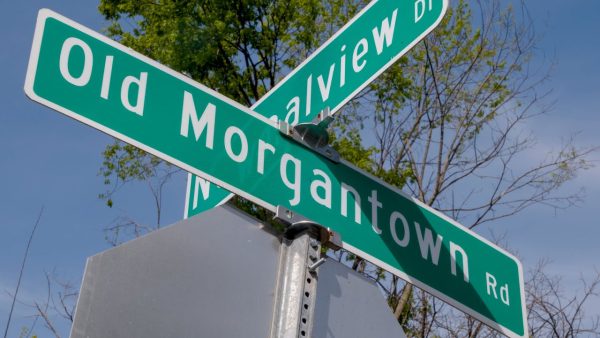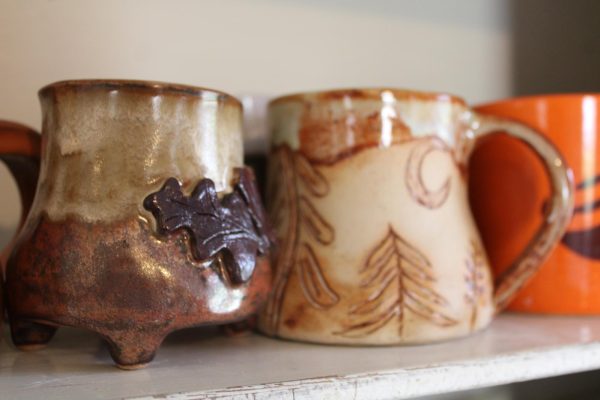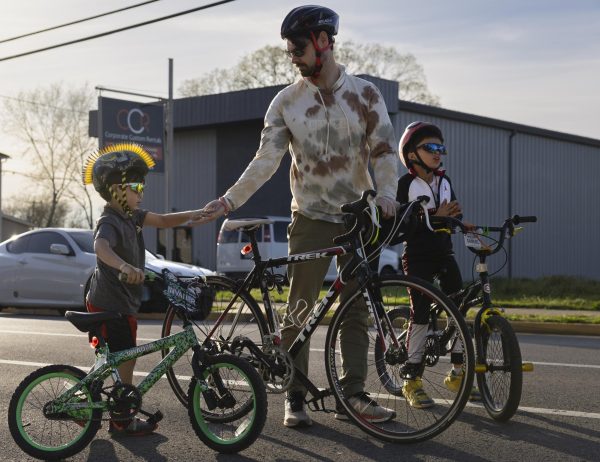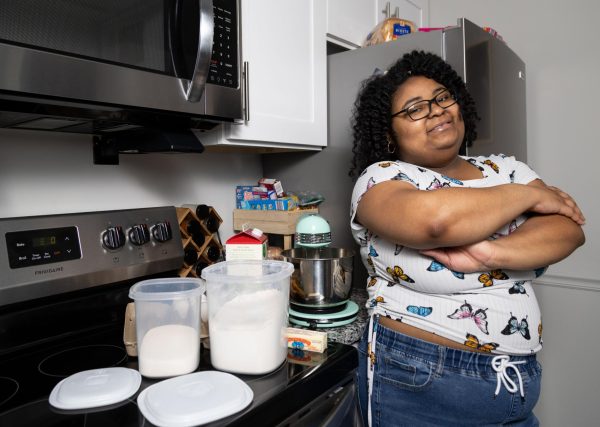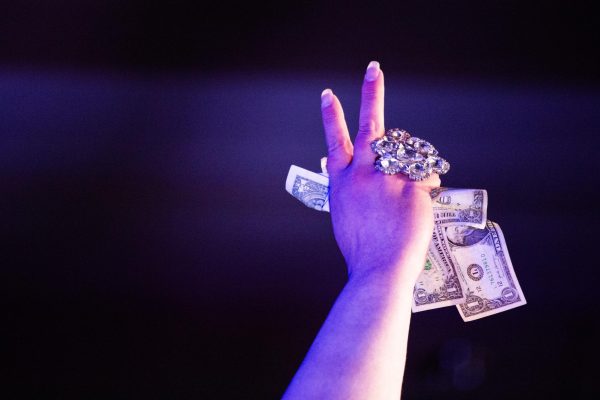COMMENTARY: ‘White privilege an ubiquitous problem’
October 28, 2011
Long story short, privilege is a
term often used to describe how things are easier for one group of
people compared to another. I hope by now you have heard the term
“white privilege,” because it is a ubiquitous problem that you
cannot escape.
Here is a less-than-courteous
example of white privilege: white privilege is why a bunch of
spoiled, irresponsible self-indulgent and self-destructive white
kids can become immediate celebrities (those rascals from Jersey),
but if they were Black, Hispanic, or Asian the show would
bomb.
Or, as Tim Wise once observed, white
privilege is why Bristol Palin can have a child out of wedlock and
not be thought of as a deadbeat welfare mom.
One of the biggest obstacles in
deconstructing white privilege is the rather immediate fear among
some white people that their sacred way of life will be destroyed.
Another obstacle is the anger some whites feel about being accused
of having privilege.
You see, part of what makes
privilege a privilege is that it tends to be invisible; people just
accept it as is. Maybe white privilege would be less difficult to
accept if we look at other types of privilege.
Think about male privilege: all the
ways that men might be given an advantage in life simply because
they are male.
Men don’t have to be self-conscious
about their weight. Some are, some choose to be, but we have the
privilege to not think about it. If I am a male and I get angry, I
am often thought of as being independent or assertive. If I am a
female and I get angry, I am often thought of as being a
bitch.
Think about straight privilege: all
the ways that straight people are less hassled and less challenged
about their sexuality. If I want to make out in public with my
partner, I can, as long as we keep our clothes on. If I am gay or
lesbian, I don’t have that privilege — at least not in this town. A
straight kid gets to watch, listen and learn about dating from the
people around him, the television, literature, you name it. A gay
kid has to imagine on his own what it must be like, or sneak
information from trusted but rare sources.
If I am white, which I am, I can
pretty much walk anywhere on campus at night and not draw suspicion
from the police. I can cheer the election results in which “my”
candidate won and not have people think “we” are getting ready to
riot.
If I am Hispanic, I have to put up
with bean jokes; if I am Asian, I have to put up with math jokes,
but if I am white I don’t have to put up with jokes about my race.
Well, maybe the occasional “White people can’t dance.” Which is
quite true for some of us. I know I can’t dance. But hey, I am a
guy… I don’t have to be able to dance. Right? It’s called
privilege.
So what is my point? Sometimes I am
not sure… but for now I am saying that privilege exists in many
forms, and the point isn’t to feel guilty about privilege — just
see how it works against some people.
And be aware that even people with
privilege can be oppressed, denied or dismissed.
Reverse discrimination often occurs
as an effort to undo privilege (and no, two wrongs don’t make a
right). You could even say that there are times when people of
minority status have the advantage, though, honestly, this doesn’t
happen often enough to offset the privilege of the political elite.
Each one of us has probably been
treated poorly due to someone else’s privilege. It’s time we see it
for what it is and call it out. We all do it — some more than
others — but it isn’t helping any of us in the long run.
Karl Laves
Assistant director of counseling
and testing center
This commentary doesn’t
necessarily represent the views of the Herald or the
university.














